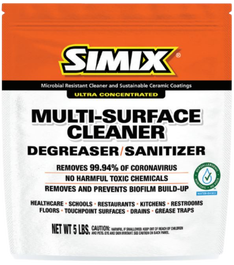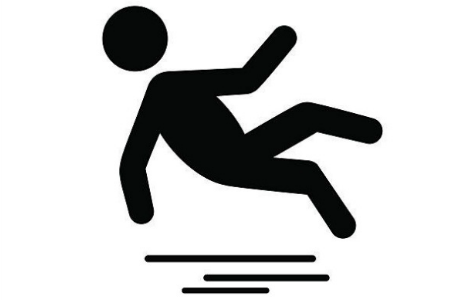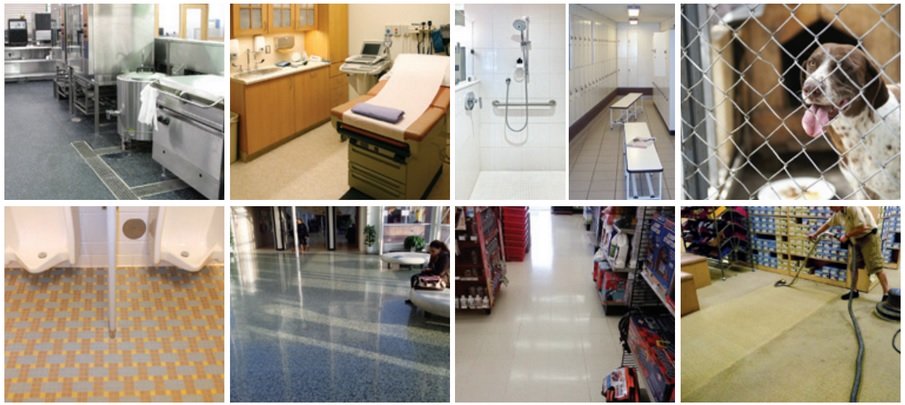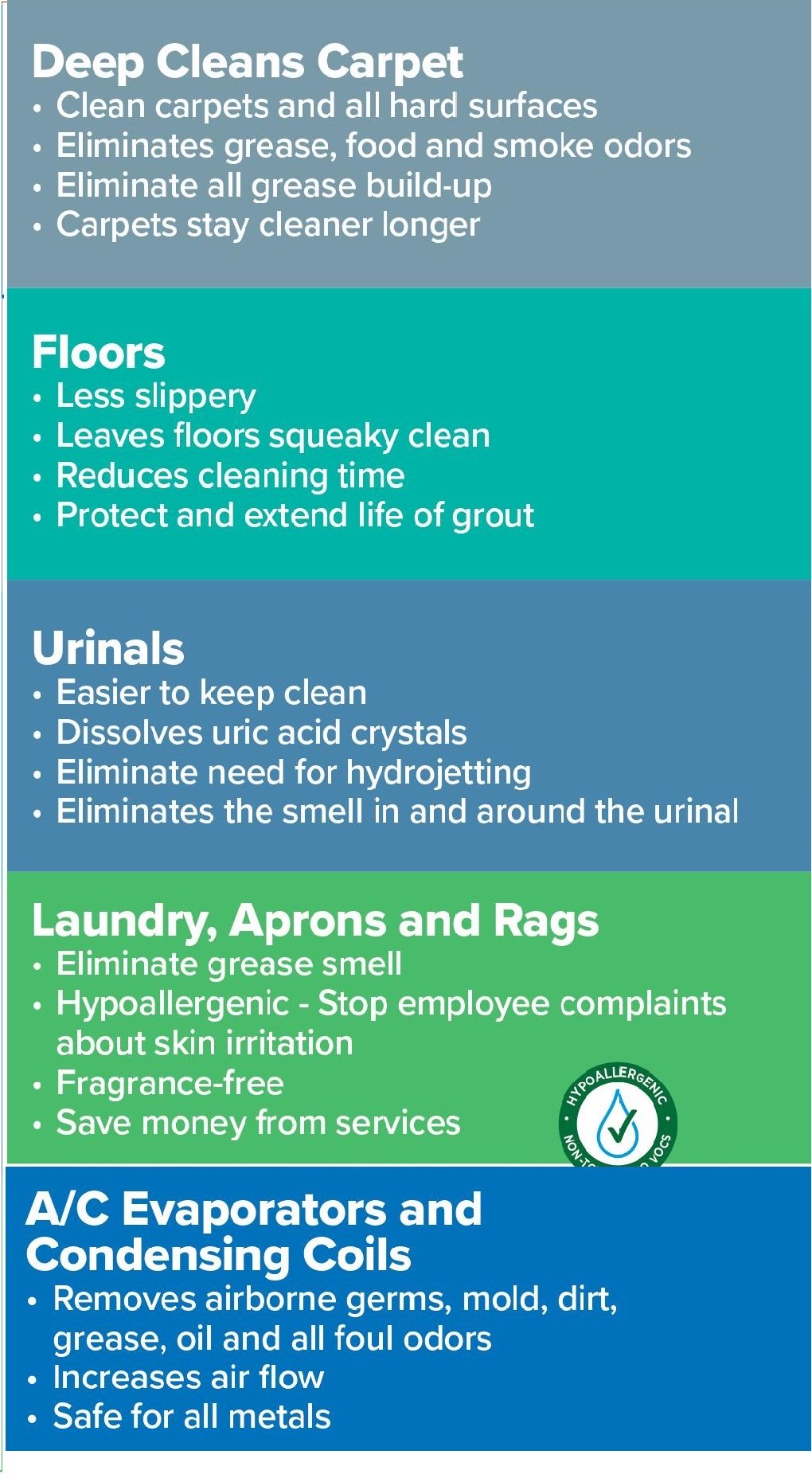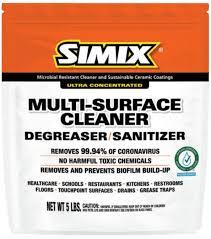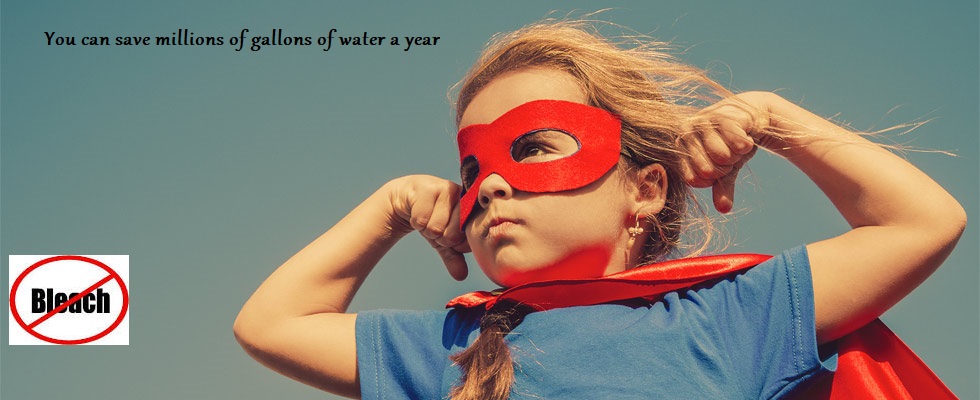Kill Coronavirus with hydrogen peroxide and high ph
Kill coronavirus with hydrogen peroxide.
What is Covid-19 – the illness that started in Wuhan?
It is caused by a member of the coronavirus family that has never been encountered before. Like other coronaviruses, it has come from animals. The World Health Organisation has declared it a pandemic.
What are the symptoms this coronavirus causes?
The virus can cause pneumonia-like symptoms. Those who have fallen ill are reported to suffer coughs, fever and breathing difficulties. As this is viral pneumonia, antibiotics are of no use. The antiviral drugs we have against flu will not work, and there is currently no vaccine. Recovery depends on the strength of the immune system.
In the UK, the National health Service (NHS) has identified the symptoms as experiencing either:
- a high temperature - you feel hot to touch on your chest or back
- a new continuous cough - this means you’ve started coughing repeatedly
Kill coronavirus on hard surfaces
Read Lab Report Here
How long can the new coronavirus live on a surface, like say, a door handle, after someone infected touches it with dirty fingers? A study out this week finds that the virus can survive on hard surfaces such as plastic and stainless steel for up to 72 hours and on cardboard for up to 24 hours.
"This virus has the capability for remaining viable for days," says study author,James Smith, an assistant professor of ecology and evolutionary biology at the University of California, Los Angeles, who researches how pathogens emerge.
Although the World Health Organization had previously estimated the survival on surfaces to be a "few hours to a few days" based on research on other coronaviruses, this is the first study by scientists at a federal laboratory to test the actual virus causing the current pandemic, SARS-CoV-2.
It's useful to know how long it can stay alive of course, because the virus can contaminate surfaces when an infected person sneezes or coughs. Virus-laden respiratory droplets can land on doorknobs, elevator buttons, handrails or countertops — and spread the virus to anyone who then touches these surfaces.
To test the survival time of the virus, scientists at the Rocky Mountain Laboratories in Montana, part of the National Institutes of Health, conducted a series of experiments comparing the novel coronavirus with the SARS virus (a similar coronavirus that led to an outbreak back in 2003).
In the lab, "they'd pick up the virus from the surfaces that had been contaminated and then put [the virus] into cell cultures," he explains. Then the researchers documented whether the virus could infect those cells in the dish. They did this multiple times, for both the viruses, at various time points.
Lloyd-Smith says these findings establish a good ballpark estimate for the survivability of the virus on these surfaces. "In a laboratory experiment, the conditions are pretty carefully controlled and constant," he says. By comparison, "in the real world, conditions fluctuate" — conditions like temperature, humidity and light. So the survivability may vary, too.
Now to kill coronavirus you can take a highly concentrated form of sodium per carbonate,which is a highly radical h202 producer ,dilute in water,and spray out on any surface. It kills coronavirus through high ph.
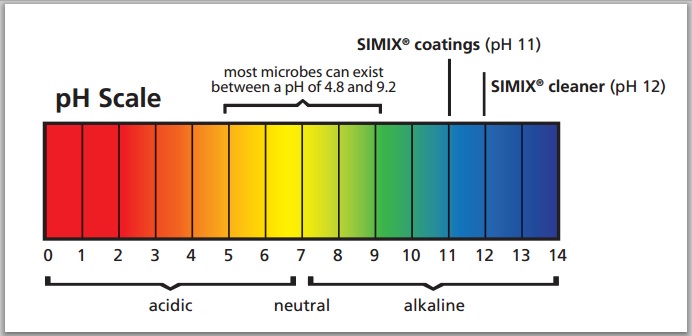
You can also constantly kill coronavirus or any other virus or bacteria with photo-catalytic titanium dioxide.
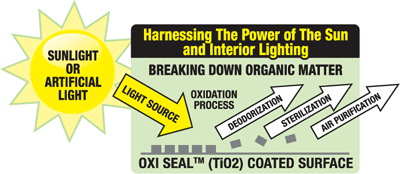

Tio2 becomes a constant hydrogen peroxide producer and remains active for fifteen years plus
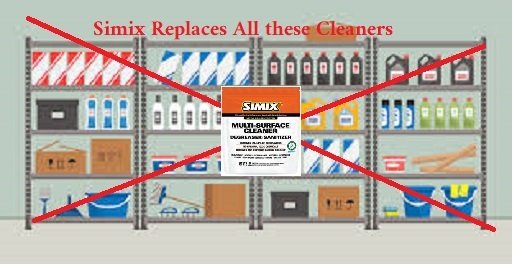 Simix Replaces Multiple Products
Simix Replaces Multiple Products